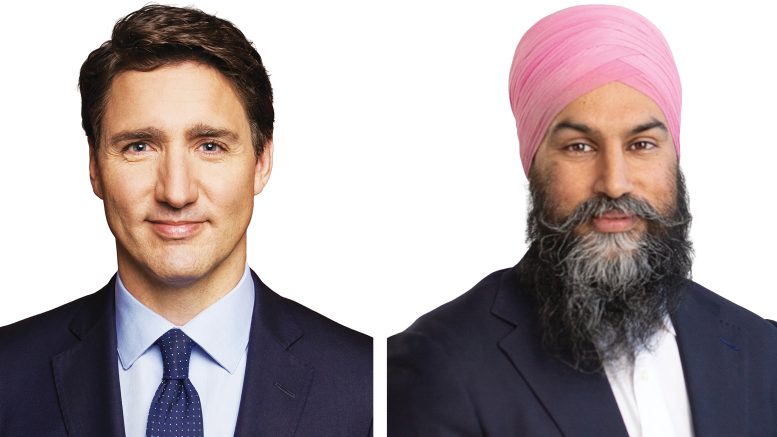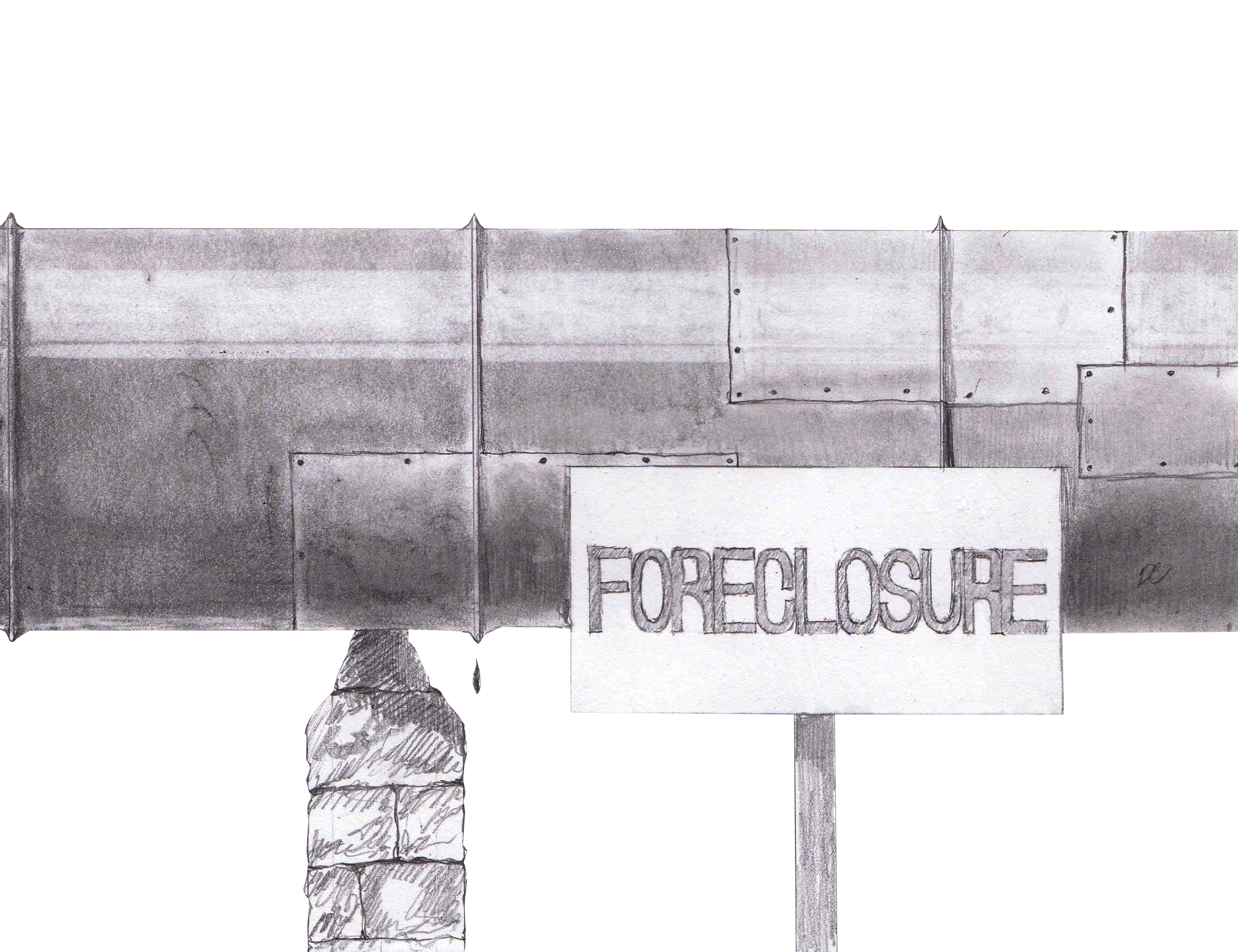Jagmeet Singh, leader of Canada’s New Democratic Party (NDP), announced the termination of the supply-and-confidence agreement with the federal government on Sept. 4.
The agreement was signed between the NDP and the governing Liberals in March 2022 and was set to end in June of next year.
Under the agreement entitled Delivering for Canadians Now, the Liberals and NDP agreed to the prioritization of several policies. This included several changes to the healthcare system, such as the introduction of a new dental care program for low-income Canadians and progress toward a universal national pharmacare program. Other mutually agreed goals in the agreement focused on affordability, climate, worker deals, reconciliation, the tax system and democracy.
In return, the NDP would support the Liberal minority government — who is lacking the majority of seats in the House of Commons — on confidence and budgetary matters to ensure they had the necessary votes to govern.
“Today, I notified the prime minister that I have ripped up the supply and confidence agreement,” said Singh in a video address.
“Canadians are fighting a battle. A battle for the future of the middle class. Justin Trudeau has proven again and again he will always cave to corporate greed. The Liberals have let people down. They don’t deserve another chance from Canadians,” said Singh.
Prime minister Justin Trudeau responded to the termination of the agreement while at an announcement in Newfoundland and Labrador. “I am not focused on politics. I’ll let other parties focus on politics. I am focused on actually delivering the things that Canadians told me this summer that they need.”
Christopher Adams, adjunct professor in political studies at the U of M, described the supply-and-confidence agreement as unusual. “We haven’t seen an agreement like that at the federal level before,” said Adams.
“Right now, it’s not a surprise that this has happened. The NDP has been poised to pull the plug a couple of times already on this agreement.”
“Hitching their wagon to Justin Trudeau has been a liability for the NDP and you can see it locally,” said Adams. “The signs for Colin Reynolds for the Conservatives [in the Elmwood-Transcona by-election] have Jagmeet Singh shaking hands with Trudeau.”
He mentioned that the NDP have “nothing to gain” by associating themselves with the Liberals under this agreement, stating that “the Liberal support is sagging horribly.” Even though the NDP-Liberal agreement has been terminated, people will still associate Singh with Trudeau, said Adams.
The Liberals are currently polling behind the Conservatives by double digits, according to the latest Nanos federal ballot tracking report.
Adams also mentioned that Singh was facing blowback from his caucus leading up to the agreement termination. The Liberals recently decided to go to binding arbitration after the Canadian Pacific Kansas City and Canadian National Railway locked out their workers, following the inability to reach a contract deal. “The union did want to go to arbitration,” said Adams. “Here’s the NDP, a labour-oriented party, hitching its wagon to Trudeau’s Liberals which has just done something […] counter to the interests of organized labour.”
Without the NDP’s reliable support under the formalized agreement, the government could fall at any point through a confidence vote, triggering an early election.
“If the government can’t do its business, can’t pass motions or bills, […] that means it’s lost the confidence of the House and it can’t operate,” said Adams. “The government falls and then we go into an election.”
“That could happen with a minority government any day, but at the same time, we’ve had of number of minority governments that have thrived for many years,” mentioned Adams. “Right now, if the House fell, the NDP would be in real danger of losing seats, so they’re taking a gamble by pulling the plug.” He added that this decision is “to their benefit if the House does not fall.”
Presently, support from the Bloc Québécois or the Conservatives to pass legislation with the Liberals is sufficient to ensure that the government does not fall. Though, Adams views any support from the Conservatives as unlikely.
The next federal general election is scheduled for Oct. 2025, though it may come as early as this year.





